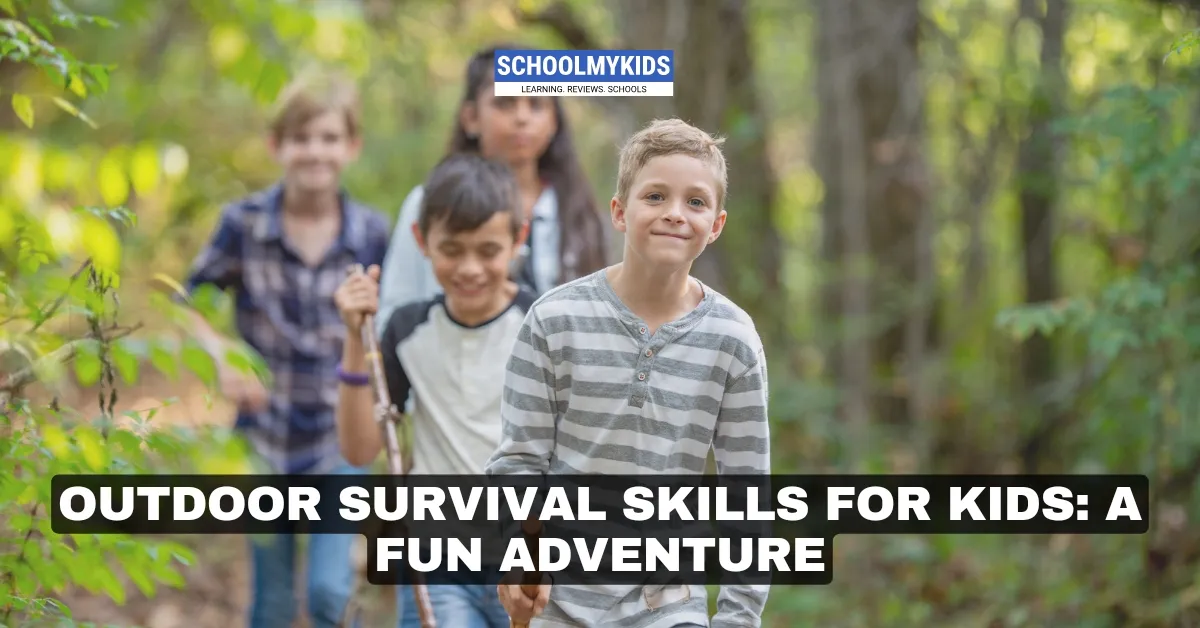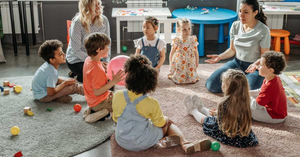Do you know that camping trips are more than roasting marshmallows and sleeping under the stars? They are also a fantastic opportunity for kids to learn essential outdoor survival skills. Teaching these skills can empower children, boost their confidence, and foster a love for nature. Here's how parents and teachers can work together to equip kids with valuable survival skills for their next camping adventure.
Why Teach Survival Skills?
Teaching kids survival skills is crucial for several reasons:
- Confidence Building: Mastering new skills helps your children feel more secure in their abilities.
- Safety Awareness: Knowing what to do in an emergency can be life-saving.
- Connection to Nature: Understanding the outdoors fosters respect and appreciation for the environment.
- Teamwork: Many survival activities require collaboration enhancing social skills.
Essential Survival Skills for Kids
Here are some essential survival skills that kids can learn during camping trips:
Situational Awareness
Kids should learn to pay attention to their surroundings. This means noticing changes in the environment, like unusual sounds or movements. Games like "I Spy" can be a fun way to develop this skill. Encourage kids to observe their surroundings and discuss what is normal and what might be out of place.
Building a Fire
Fire is crucial for warmth, cooking, and signaling for help. Teaching kids how to build a fire safely is both fun and educational. Start with basic techniques using dry kindling, twigs, and larger logs. Always supervise them closely when handling fire-starting tools.
Making an Emergency Shelter
Kids should know how to create a shelter using natural materials like branches, leaves, and tarps. A simple lean-to or A-frame shelter can protect them from the elements. You can practice this skill by having them build mini-shelters in your backyard or at a campsite.
Identifying Edible Plants and Animal Tracks
Understanding which plants are safe to eat is vital for survival. Explore nature together to teach kids about local flora and fauna. Look for edible berries or nuts and discuss which plants are poisonous. Identifying animal tracks can also help them understand wildlife behavior.
Water Safety
Water safety is essential when camping near lakes or rivers. Teach kids how to gauge water depth and current strength before entering any body of water. Additionally, make sure that they know basic swimming techniques and what to do if someone falls into the water.
Creating a Survival Kit
Help kids assemble their own survival kits filled with essential items like water purification tablets, non-perishable snacks, a torch, a first aid kit, and a whistle. This hands-on activity not only teaches them about preparedness but also gives them ownership of their safety.
Knot Tying
Knot tying is an invaluable skill for various outdoor activities, from setting up tents to securing gear. Teach children different types of knots through fun challenges or games that require them to tie specific knots under time constraints.
How can Teachers and Parents Help?
Here are some ideas:
- Organize outdoor activities: Plan camping trips, hikes, and nature walks to provide opportunities for kids to practice their skills.
- Teach survival skills in the classroom: Incorporate survival skills into your lessons through games, activities, and discussions.
- Encourage curiosity: Foster a love of nature and encourage kids to explore their surroundings.
- Set a good example: Demonstrate responsible behavior and respect for the environment.
Making Survival Skills for Kids Fun
Learning survival skills doesn't have to feel like a chore! Here are some fun ways to keep your kids engaged:
- Scavenger Hunts: Create scavenger hunts that require identifying plants or animal tracks.
- Campfire Stories: Share tales of survival adventures around the campfire.
- Role Play: Set up scenarios where kids must use their skills creatively to solve problems.
Conclusion
Remember, learning survival skills should be fun! Make it a game, and encourage kids to learn from each other. With practice and a positive attitude, kids can become confident and capable outdoor adventurers.
So, what are you waiting for? Let's get outside and start exploring!









Be the first one to comment on this story.